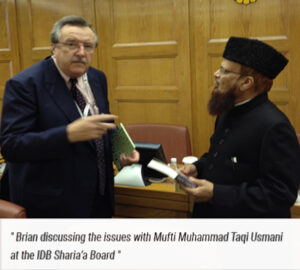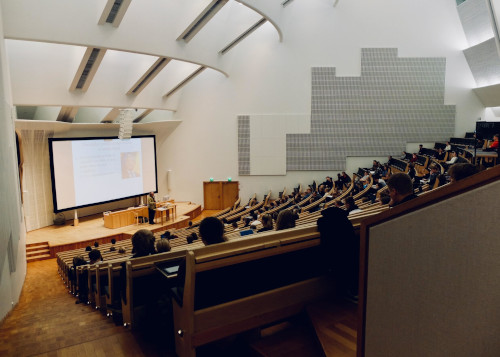About the Author: Brian Kettell
The team worked, until recently, as an Advisor to the CEO at the Islamic
Development Bank Group based in Jeddah, Saudi Arabia. They worked for several years as a Senior Economist for the Central Bank of Bahrain and the Arab Banking Corporation
We have worked with the Sukuk structuring team for several central banks and
for the IDB. They taught Sukuk courses at numerous GCC Banks and throughout Africa with the African Development Bank.
They have given presentations at Harvard Business School.
We have published 11 books on Islamic Finance.

Sukuk are the future of the industry and it is essential to grasp the underlying principles
Since being first brought to market 30 years ago, Sukuk have enjoyed continued growth within Islamic finance, and have proved resilient to the impact of COVID-19. The first Sukuk was brought to market in 1990. Today, total issuance surpasses $1.35 trillion, and over 15,000 have been issued by a variety of corporate, sovereign, and quasi-sovereign bodies across 31 countries. Around 90 percent were issued in the past 10 years, and 55 percent in the past five. Their growth and development were further accelerated when several non-Muslim countries issued their debut Sukuk, including Hong Kong, Luxembourg, South Africa, Senegal, and the United Kingdom. Sukuk is an Arabic word that means ‘certificates. In finance, it stands for bonds that are structured in a Sharia’a-compliant manner. In other words, they are a form of bonds that are accepted by Islamic finance investors and issuers. They come in various structures such as Ijara, Murabaha, Mudaraba, and many other forms. Sukuk issuers consider that the raised funds are invested in areas that do not contradict Islamic laws This series of assessments are to enable you to evaluate your understanding of the key issues. In most cases you asked to indicate whether the answers are true or false by circling True or False. Please note that ALL the answers within a section may be either True or False.
SCW 1 - Sukuk are
£15.00


